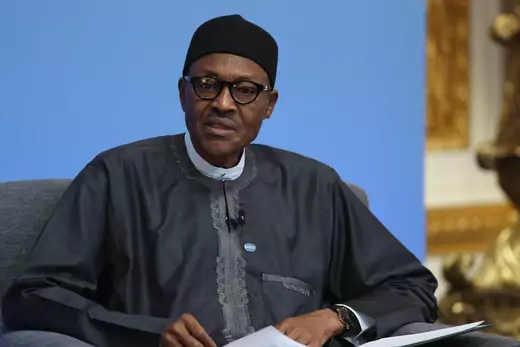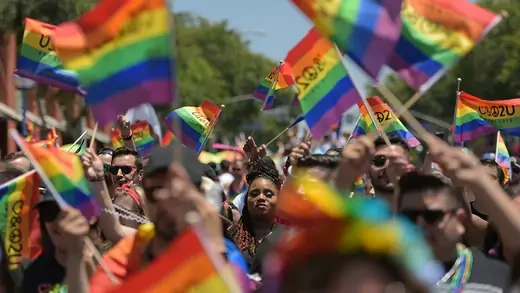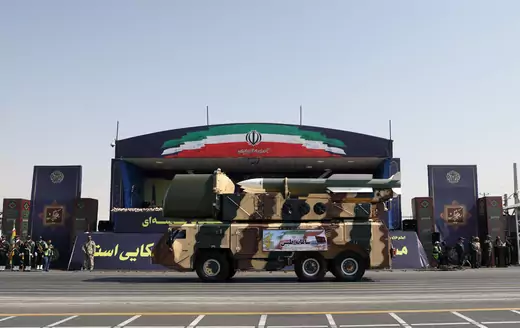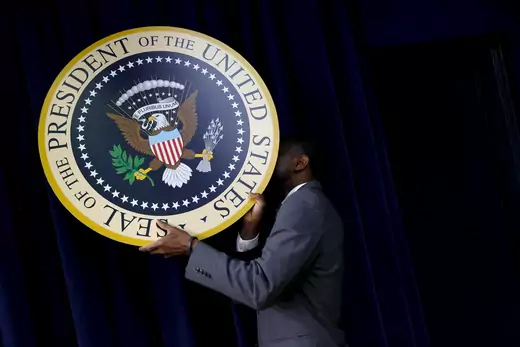- Iran
- Israel-Hamas
-
Topics
FeaturedInternational efforts, such as the Paris Agreement, aim to reduce greenhouse gas emissions. But experts say countries aren’t doing enough to limit dangerous global warming.
-
Regions
FeaturedIntroduction Throughout its decades of independence, Myanmar has struggled with military rule, civil war, poor governance, and widespread poverty. A military coup in February 2021 dashed hopes for…
Backgrounder by Lindsay Maizland January 31, 2022
-
Explainers
FeaturedDuring the 2020 presidential campaign, Joe Biden promised that his administration would make a “historic effort” to reduce long-running racial inequities in health. Tobacco use—the leading cause of p…
Interactive by Olivia Angelino, Thomas J. Bollyky, Elle Ruggiero and Isabella Turilli February 1, 2023 Global Health Program
-
Research & Analysis
Featured
Terrorism and Counterterrorism
Violence around U.S. elections in 2024 could not only destabilize American democracy but also embolden autocrats across the world. Jacob Ware recommends that political leaders take steps to shore up civic trust and remove the opportunity for violence ahead of the 2024 election season.Contingency Planning Memorandum by Jacob Ware April 17, 2024 Center for Preventive Action
-
Communities
Featured
Webinar with Carolyn Kissane and Irina A. Faskianos April 12, 2023
-
Events
FeaturedJohn Kerry discusses his work as U.S. special presidential envoy for climate, the challenges the United States faces, and the Biden administration’s priorities as it continues to address climate chan…
Virtual Event with John F. Kerry and Michael Froman March 1, 2024
- Related Sites
- More
February 24, 2022
NigeriaReleased last month, the 2021 Corruption Perception Index (CPI) confirmed what many Nigerians know intuitively—that a steady stream of official antigraft rhetoric has hardly made a dent on what many agree is the most formidable perennial challenge to the country’s long-term stability. President Buhari’s sentiment to the effect that “if Nigeria does not kill corruption, then corruption will kill Nigeria,” is widely shared. Not only is Nigeria down five places from its 2020 ranking, its total score of twenty-four out of a maximum one hundred points represents a drop for the third successive year, making it West Africa’s second most corrupt country. Guinea-Bissau, still reeling from a failed military takeover in early February, holds the dubious honor of being the most corrupt.

January 29, 2021
Human RightsAlthough LGBTQ+ people in every region of the world face marginalization and repression, their human rights have steadily advanced. The Biden administration has an opportunity to further promote LGBT…

March 11, 2020
IranThe most effective plan against the Islamic Republic has always been the most obvious—and the one nobody in Washington seems willing to try.

December 12, 2019
TradeCFR experts spotlight some of the most important trends they will be tracking in the year ahead.
September 10, 2019
Election 2020The Democratic and Republican presidential contenders have begun defining their approach to major foreign policy issues as they jockey for position in their parties’ primaries.

 Online Store
Online Store